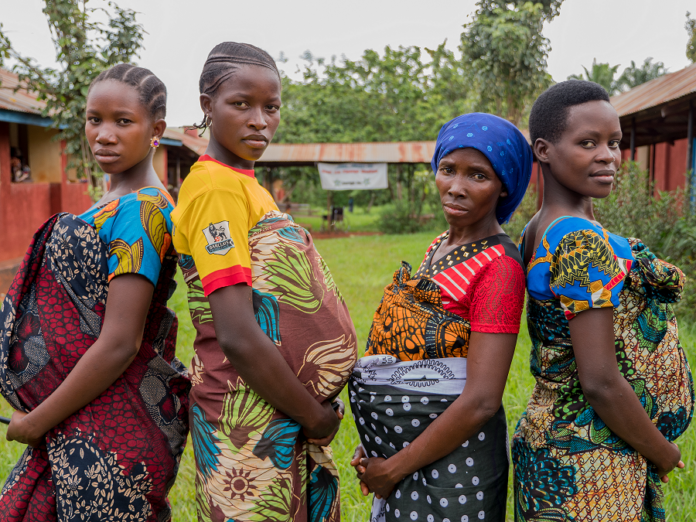A recent study by Gazeley, et al., (2024) titled “Pregnancy‐related mortality up to 1 year postpartum in sub‐Saharan Africa: an analysis of verbal autopsy data from six countries” Published in BJOG: An International Journal of Obstetrics & Gynaecology, by Wiley-online, shows that there was a significant increase in deaths from HIV, TB, other infectious diseases, and non-communicable diseases beyond 42 days postpartum.
“
Late pregnancy-related mortality significantly increases due to HIV, TB, and other diseases.– Gazeley et al., 2024
A recent study investigates pregnancy-related mortality in Sub-Saharan Africa, focusing on the causes of death during pregnancy and the first 42 days postpartum compared to those occurring between 43 days and 1 year postpartum. The study analyzes verbal autopsy data from Health and Demographic Surveillance Systems spanning six countries, examining deaths from 2000 to 2019. The research reveals a notable portion of late pregnancy-related deaths occurring beyond 42 days postpartum, attributed to HIV, TB, other infectious diseases, and non-communicable diseases. Furthermore, the study underscores the necessity for improved integration of non-obstetric care throughout the stages of pregnancy and the postpartum period in regions with high mortality rates. It emphasizes the importance of understanding the causes of death during the extended postpartum period to develop effective prevention strategies.
How the study was conducted
The study employed longitudinal, prospective data from 10 Health and Demographic Surveillance Systems (HDSS) spanning six countries in sub-Saharan Africa. The data encompassed a 20-year period from 2000 to 2019. The study focused on women aged 10–54 years who experienced deaths up to 1 year postpartum, provided that the end date of pregnancy was known, and a verbal autopsy interview was conducted. Two verbal autopsy algorithms, InterVA5 and InSilicoVA, were employed to determine the most probable underlying cause of death. These causes were then categorized according to adapted International Classification of Diseases-Maternal Mortality categories. Multinomial regression served as the statistical tool to compare differences in causes of death within 42 days versus 43–365 days postpartum, with adjustments made for HDSS and time period.
What the authors found
The authors found that there was a significant increase in deaths from HIV, TB, other infectious diseases, and non-communicable diseases beyond 42 days postpartum. The authors further posit that the impact of HIV and TB on late pregnancy-related mortality was most pronounced in Southern Africa.
Why is this important
Maternal Health: Maternal health is a global priority. High rates of maternal mortality impact not only the well-being of mothers but also their families and communities. The extended postpartum period (beyond 42 days) is often overlooked. This study sheds light on the risks during this time, emphasizing the need for continued care. Identifying specific causes of late pregnancy-related deaths informs targeted interventions. Addressing HIV, TB, and other diseases can save lives. Integrating non-obstetric care with maternal health services is essential. Strengthening health systems can prevent avoidable deaths. Understanding regional variations helps tailor interventions. Southern Africa faces unique challenges that require targeted strategies.
What the authors recommend
- The authors emphasize the need for better integration of non-obstetric care with ante-, intra-, and postpartum care in high-burden settings. The authors suggest that health system failures are a crucial factor in the circumstances of late pregnancy-related deaths and need to be addressed.
In conclusion, this study illuminates critical insights into late pregnancy-related mortality in Sub-Saharan Africa, emphasizing the importance of sustained maternal health care beyond the conventional postpartum period. The findings underscore the urgent need for integrated health systems that address non-obstetric factors contributing to maternal mortality. By prioritizing targeted interventions and addressing regional variations, we can mitigate the impact of HIV, TB, and other diseases, ultimately saving lives and fostering healthier communities.
















 The African Research (AR) Index is a comprehensive scholarly directory and database focused explicitly on journal publishers that publish and disseminate African research.
The African Research (AR) Index is a comprehensive scholarly directory and database focused explicitly on journal publishers that publish and disseminate African research.

